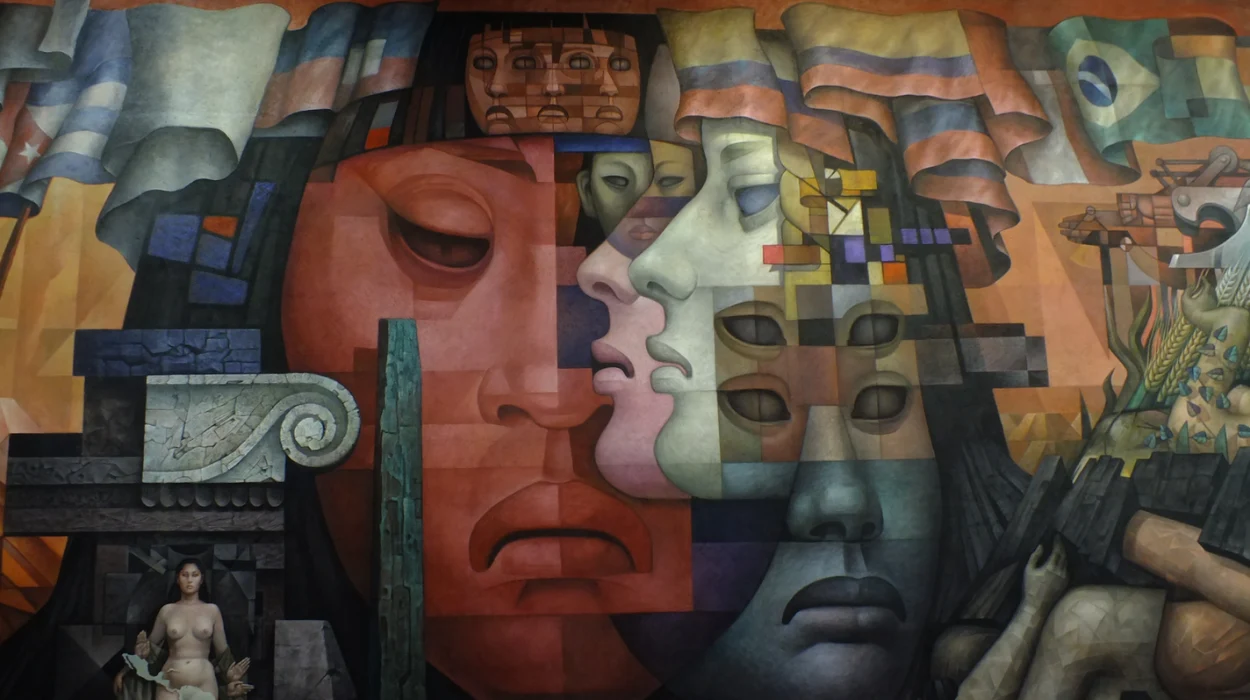US(Transatlantic Today) – Latin America enters 2023 facing significant economic and political challenges. The region is grappling with an unfavorable global environment, marked by economic slowdowns in the United States, China, and the European Union. According to the International Monetary Fund (IMF), global economic growth is expected to slow to 2.7%, with some projections suggesting it could drop below 2%. The geopolitical landscape remains tense due to the Russia-Ukraine conflict, inflation, and economic instability, further complicating Latin America’s outlook.
Economic Challenges and Slow Growth
The region is experiencing weak economic growth, with the IMF forecasting 1.7%, while the World Bank and Economic Commission for Latin America and the Caribbean (ECLAC) predict 1.3%. Inflation remains high, leading to increased interest rates and further slowing growth. The economic stagnation continues the “lost decade” trend (2014-2023), with rising poverty rates exceeding 30%. Social unrest is expected to persist due to economic inequality, unemployment, and dissatisfaction with government responses.
Political Instability and Democracy at Risk
2023 is set to be a politically volatile year, with growing polarization, weakened institutions, and increasing threats to democracy. A new wave of far-right populism, inspired by movements such as Trumpism in the U.S. and Bolsonaro’s supporters in Brazil, poses a serious challenge to democratic norms. Some nations may see a shift toward hybrid or authoritarian regimes, while others, like Uruguay, maintain strong democratic resilience.
Key Elections in 2023
Several important elections will shape the political landscape of Latin America:
- Paraguay (April 30): The ruling Colorado Party’s candidate, Sebastián Peña, faces opposition leader Efraín Alegre.
- Guatemala (June 25): A change in leadership is likely, with Sandra Torres and Zury Ríos leading the race against the struggling pro-government candidate.
- Argentina (October 22): The elections remain open-ended, with President Alberto Fernández’s future uncertain, while opposition figures like Mauricio Macri and Javier Milei gain traction.
Additionally, local elections in Mexico, Colombia, and Chile, as well as constitutional referendums in Ecuador and Chile will have significant political implications.
Countries and Political Developments to Watch
- Brazil: President Lula da Silva faces major challenges, including economic recovery, social division, and investigations into the January 8th attacks by far-right extremists.
- Venezuela: The progress of opposition negotiations with Nicolás Maduro’s regime will determine the fairness of the 2024 elections.
- Peru: The ongoing political crisis may accelerate the general elections currently scheduled for 2024.
- Haiti: The political and humanitarian crisis continues, with uncertainty surrounding postponed presidential elections.
Conclusion: A Year of Uncertainty
Latin America in 2023 is expected to face economic hardship, political instability, and electoral uncertainty. Governments must address public dissatisfaction, restore trust in democratic institutions, and foster economic resilience. As the region navigates these challenges, the interplay of economic policies, political shifts, and international influence will determine its future trajectory.


























